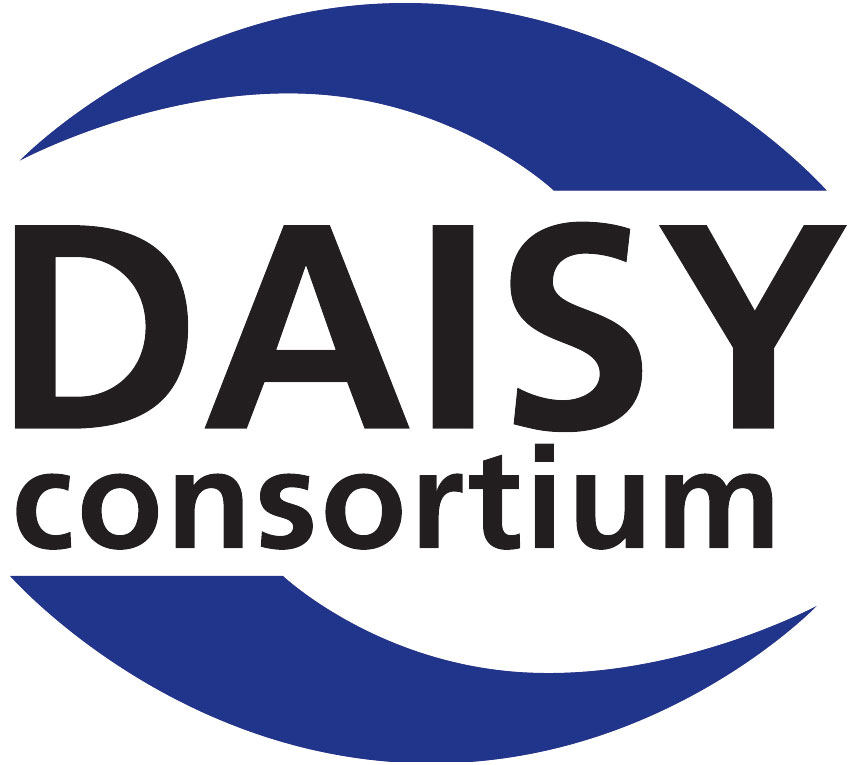Barriers to Accessible Reading in Developing Countries
 At DAISY we are working to facilitate access to information globally, including parts of the world with the most limited access to resources. To ensure the best results we need to understand the current practices, technology, and barriers being faced so that we can work to address them. One of the ways we achieve this is by conducting regular surveys, and while this work is still ongoing, we are happy to share preliminary findings from our latest research.
At DAISY we are working to facilitate access to information globally, including parts of the world with the most limited access to resources. To ensure the best results we need to understand the current practices, technology, and barriers being faced so that we can work to address them. One of the ways we achieve this is by conducting regular surveys, and while this work is still ongoing, we are happy to share preliminary findings from our latest research.
The current survey examines a broad range of topics related to accessible information, technology, and regional requirements. One of the clear themes identified as a barrier relates to language support in assistive technology. For example, the leading braille transcription applications do not currently support Swahili which is used in Tanzania, Kenya and Mozambique, spoken by more than 200 million people, and Chichewa which is the native language of more than 14 Million people in Malawi, Zimbabwe, Mozambique and Zambia. The lack of support in braille tools prevents the creation and use of digital braille files in these languages, which means braille resources are severely limited often needing to be produced by hand.
There is a similar story in text-to-speech language support for the accessible production of audio, with almost all African and Central Asian languages unavailable in a usable format. Some very basic synthetic speech is available for languages such as Filipino, Amharic, and Swahili, but these are much more primitive compared to the modern synthetic speech used in western countries, and a world away from the latest cloud services. For the local languages of Uzbekistan, Tajikistan, Ghana, Nigeria, South Africa (other than Zulu) even the most basic robotic voices are not available, limiting accessible audio to human narrated titles.
Even if text-to-speech and electronic braille support were available in these languages, they would prove most effective when a digital document is available. Unfortunately, in even more languages, the ability to scan and convert a printed document into digital text through optical character recognition (OCR) is not even an option, presenting a further barrier in the journey to utilizing technology to create accessible information.
The survey also identified that, perhaps unsurprisingly, staffing resources were also very limited. Many of the staff had very low IT skills, and library services for people with print disabilities were often delivered without the involvement of a professional librarian. Many countries including Ghana, Bhutan, Cameroon, Tanzania, Gambia report not having any government or non-government organization providing library service to persons with print disabilities.
There aren’t any magical solutions that address all the challenges faced by developing countries, but we are able to make progress in a few areas.
By working with specialist and mainstream technology companies, as well as producing our own free-to-use tools, together we can begin to address some of the major barriers, levelling the technological playing field and facilitating rapid access to content in required languages and formats.
We’re also improving the skills of people producing and supporting accessible formats. Since 2016 the DAISY Consortium has delivered 48 training sessions in 28 countries through ABC, and 29 sessions in 13 countries through other partnerships. In addition, the DAISY Learning system provides an increasing range of free training courses on accessible format production to anyone with an internet connection.
By conducting regular research like this, and through working in partnership with international and local organizations, we can begin to address the inequalities faced by people with print disabilities in some of the least resourced parts of the world.

